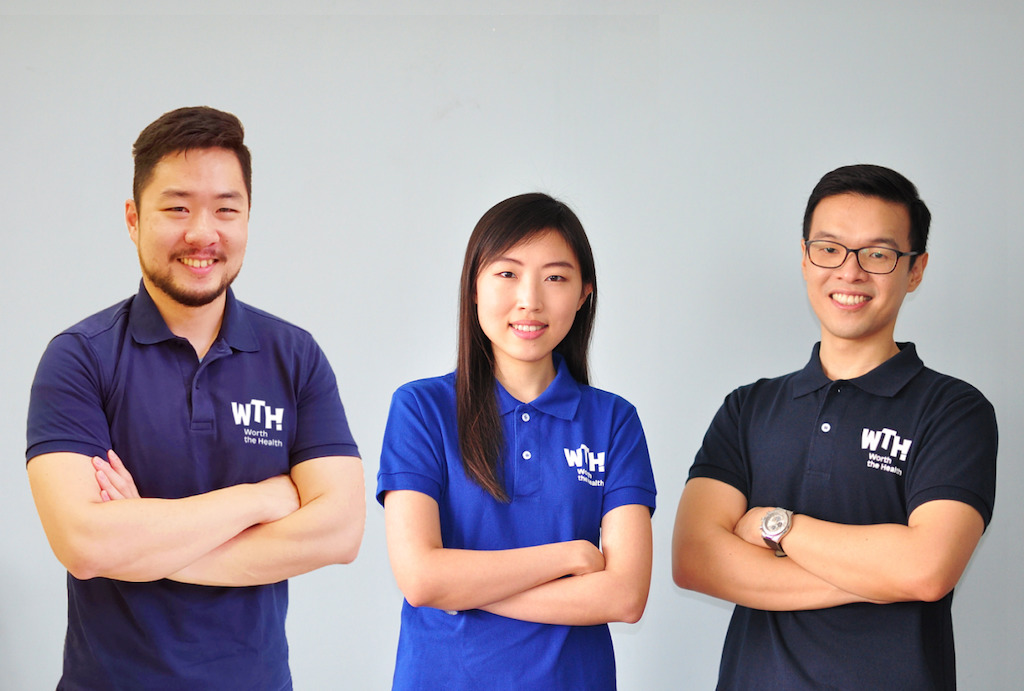3 Mins Read
WTH Foods, the Philippines’ first homegrown plant-based startup, has attracted funding from Henry Soesanto of Monde Nissin, the parent company of legacy meatless brand Quorn. The seed round, joined by Big Idea Ventures, will go towards ramping up R&D to develop more veganised Filipino-style dishes and meat alternatives.
WTH Foods has closed its seed funding round with $1.2 million, with participation from Henry Soesanto, the CEO of Quorn’s parent company Monde Nissin, and food tech accelerator and investor Big Idea Ventures (BIV). The Philippines-based startup, the first homegrown food tech in the country, will use the funds to double down on R&D to grow its range of plant-based meats and vegan dishes.
R&D and international expansion

WTH will soon be opening its new R&D site, where it plans to improve the taste and texture of its existing range, which includes mung bean-based minced meat, jackfruit-based pulled meat and plant-based corned beef. It also plans to expand its line-up with new vegan alternatives that cater to Filipino cuisine, turning some of the country’s most beloved dishes plant-based.
“At WTH Foods we are developing plant alternatives for meat lovers, the same texture and taste of their favorite dishes but with the added health and sustainability benefits,” shared co-founder and CEO Stephen Co. “This funding will help us accelerate the development of these products.”
With the Philippines having a huge proportion of overseas foreign workers, making up around 11% of the population, WTH says that it plans to bring its offerings to destinations such as Singapore and the rest of Southeast Asia.

Co says that the fresh capital will allow the firm to “reach more markets across Southeast Asia and around the world so people can enjoy popular dishes guilt-free.”
Read: Stephen Co of WTH Foods says ‘taste is number one’ to reach mass-market – Interview
Veganising Asia’s classic processed meats
With its unique approach of catering to the Filipino market, WTH is currently developing a new line of products dubbed “Umami”. Slated to launch in 2022, the lineup includes 100% plant-based versions of Asia’s most popular processed meats, such as sausages and luncheon meat.
Both pork-based processed meat products are among the most consumed types of animal protein in the Philippines. Luncheon meat, for instance, better known by the Hormel brand name Spam, is consumed almost daily for many Filipinos and it is estimated that around 2.7 million pounds of the product is sold in the country every year.

Recent statistics forecast pork products overall will overtake chicken as the Philippines’ most highly consumed type of meat in 2021. Other food techs that have sought to fill the gap in vegan processed meats for Asian consumers include Hong Kong-based OmniFoods, whose OmniLuncheon has taken the world by storm since its initial launch last year.
For BIV, the startup’s product that tailors to the intricacies of the Asian market will give it an edge over its competitors when it comes to capturing more plant-curious and flexitarian consumers in the region.
“Demand across Southeast Asia for healthier, sustainable alternatives to meat is growing. WTH Foods has an offering that we believe will be very attractive to the Asian consumers, especially the Filipino diaspora – as the products combine healthy plant-based alternatives with the convenience of ready-made meals,” commented BIV managing partner Christian Cadeo. “The opportunity for innovation in this area is huge.”
All images courtesy of WTH Foods.




